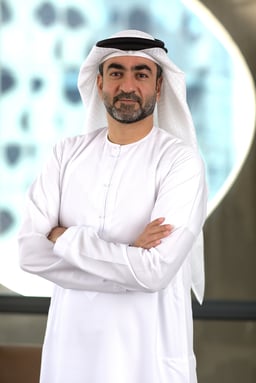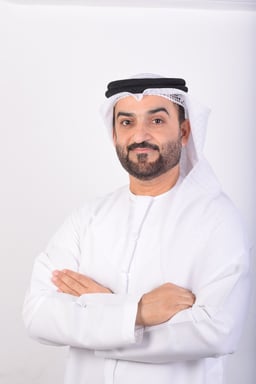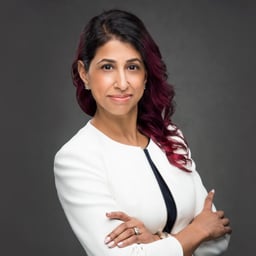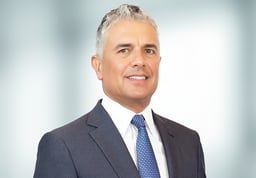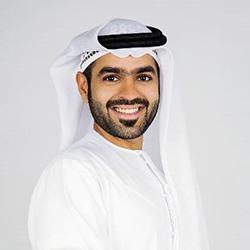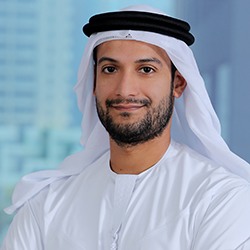Banking and finance: Financial services regulation
Private credit growth in the Gulf, legal protections lenders now expect
Private credit has moved from a niche option to a regular part of Gulf financing over recent years.
Regional banks still play a central role, but private funds, family offices and structured lenders are now active across real estate, trade finance, energy services and private equity style transactions. This growth brings capital faster, but it also brings tighter legal expectations. This article looks at why private credit has expanded and what lenders now expect to see before they commit funds.
Why private credit is expanding
Several factors sit behind the rise of private credit in the region. Bank lending standards tightened after recent cycles, especially for mid-sized businesses and complex structures. At the same time, private capital pools have grown quickly, often backed by regional families or international funds with a higher return target. These lenders are comfortable with tailored deals, but only if legal risk is controlled.
We see borrowers turning to private credit for speed and flexibility. Terms can be agreed in weeks rather than months. Covenants can be shaped around the business rather than a standard bank template. That speed comes at a price, usually higher cost, and it comes with stronger legal controls. Private lenders do not rely on relationship history. They rely on documents that work in practice.
The legal environment lenders are watching
Gulf jurisdictions have invested heavily in legal and regulatory frameworks over the past decade. Insolvency laws, security registration systems and court procedures are clearer than they once were. That said, enforcement still varies by jurisdiction, asset type and counterparty.
Private lenders price risk carefully, so they focus on certainty. They want to know which court has jurisdiction, how long enforcement takes and whether judgments are respected locally. Where uncertainty remains, lenders compensate by demanding more control upfront. That’s why legal protections have become more detailed, not less.
Security packages are no longer basic
A few years ago, a pledge over shares or a simple mortgage might have been enough. Today, private lenders expect layered security. This often includes share pledges, asset pledges, bank account control agreements and assignment of receivables. Each element is designed to work together so that if one route fails, another remains open.
Perfection of security is just as important as the security itself. Lenders now insist on proof of registration, notarisation where required and confirmation that corporate approvals are valid. In practice, this means borrowers must prepare earlier. Last minute fixes rarely satisfy a private credit committee.
Control rights during the life of the loan
Private credit lenders expect more than security that only works at default. They want ongoing visibility and influence. This shows up in information rights, consent requirements and operational covenants. For instance, lenders often require approval for new debt, asset sales or changes to group structure.
We often see cash control becoming central. Borrowers may be required to route revenue through controlled accounts or agree to cash sweep mechanisms. From a lender’s perspective, this reduces reliance on court enforcement. From a borrower’s perspective, it requires careful planning to avoid operational strain.
Sponsor support and guarantees
Where a borrower is part of a wider group, lenders increasingly expect sponsor support. This can take the form of guarantees, equity commitment letters or undertakings to inject funds if ratios fall below agreed levels. The legal drafting here has become more precise.
Lenders pay close attention to who is giving the support and where that entity sits. A guarantee is only useful if it can be enforced and if the guarantor has real substance. As a result, group charts, shareholder agreements and constitutional documents are reviewed in detail.
Governing law and dispute resolution
Choice of law remains a key point in private credit deals. Many lenders prefer English law for facility agreements, with local law security documents where assets sit. Arbitration is sometimes used, but courts remain common for enforcement heavy structures.
What has changed is the level of alignment required. Lenders want governing law, jurisdiction clauses and enforcement routes to work together. Mismatches create delay and delay increases loss. We see far fewer compromises on this point than in the past.
Financial covenants and early warning tools
Private lenders rely heavily on financial covenants as an early signal. These are often tighter than bank covenants and tested more frequently. Breach thresholds may be lower, giving lenders the right to step in before value erodes.
The legal side of these covenants is critical. Definitions, testing mechanics and cure rights must be clear. Ambiguity benefits no one. Borrowers who understand this early are better placed to negotiate terms that are workable rather than restrictive by accident.
Intercreditor and priority issues
As private credit grows, so does complexity. Many borrowers already have bank facilities, leasing arrangements or shareholder loans in place. Lenders now expect clean intercreditor arrangements that set out priority, enforcement control and payment waterfalls.
These documents are often the hardest to agree. They require coordination between banks, private lenders and sponsors. From our experience, early engagement saves time. Leaving intercreditor points to the end can stall closing entirely.
Documentation standards have risen
Private credit documents used to be lighter than bank facilities. That’s no longer true. Lenders now use detailed term sheets, conditions precedent lists and representations that mirror institutional standards. The difference lies in customisation, not simplicity.
Borrowers shouldn’t assume that private credit means informal credit. Legal teams on the lender side are well resourced and commercially sharp. Preparing early and understanding the documents reduces friction and cost.
What this means for borrowers
The growth of private credit brings opportunity, but it also raises the bar. Borrowers who approach these lenders with incomplete structures or weak documentation face tougher terms or delays. Those who prepare properly often secure better pricing and smoother execution.
In practice, this means reviewing group structure, asset ownership and existing obligations before entering discussions.
How The Knightsbridge Group can help
With over ten years advising international businesses and families, The Knightsbridge Group supports clients across the UAE and worldwide.
We work across legal, tax and immigration and fiduciary matters, so private credit structures are assessed as a whole rather than in isolation.
That integrated view helps clients present stronger, clearer propositions to lenders.
We support borrowers and lenders through structuring, due diligence and documentation. This includes reviewing security packages, coordinating with trustees, banks and regulators and aligning cross-border elements so enforcement works as intended.
Our role is often to spot issues early, before they become negotiation blockers.
To review your current arrangements or plan new strategies, contact [email protected]
Knightsbridge Group - January 19 2026
















